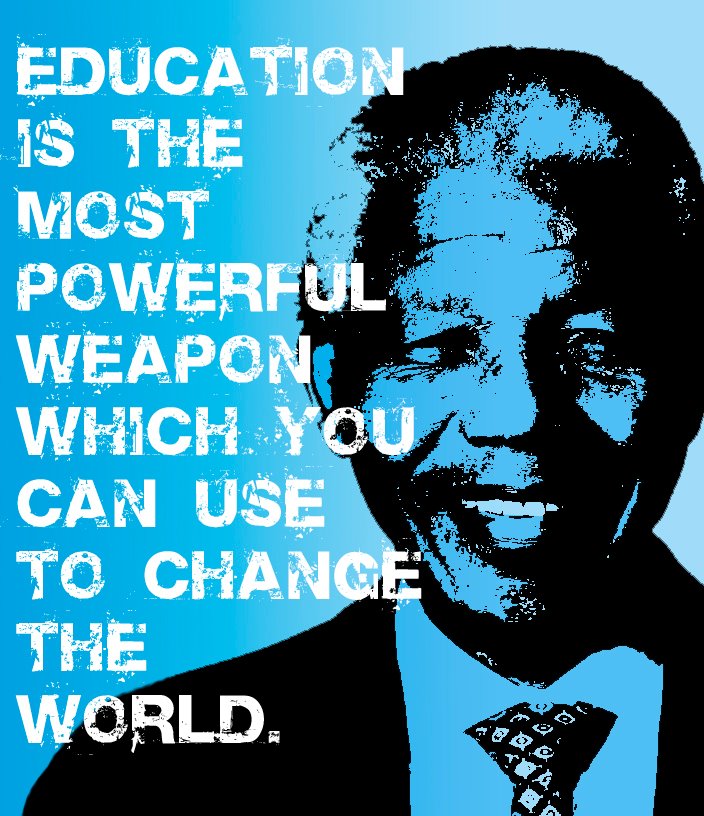The lack of knowledge to a situation is bliss. Once the whole truth is revealed one realizes they were much happier being clueless. In my previous blog post I had mentioned how Education is the key to success. However, now we learn how Douglass is beginning to regret having knowledge, and at moments would rather be just as ignorant as the rest of the slaves. This idea of "the less you know the better" has a lot of truth to it, even in our lives.
The documents he read (especially The Columbian Orator) enabled him to challenge the arguments brought forward to sustain slavery, but "while they relieved me of one difficulty, they brought on another even more painful that the one of which I was relieved. The more I read, the more I was led to abhor and detest my enslavers." (pg. 51)
We start to see how this is the spark of Douglass´s rebellion, he begins to truly notice how dreadful his life is. "I would at times feel that learning to read had been a curse rather than a blessing. It had given me a view of my retched condition, without the remedy. It opened my eyes to the horrible pit, but to no ladder upon which to get out" (pg. 51). Frederick´s knowledge gives him sadness without cure to a better life. We can understand why he "envied his fellow slaves for their stupidity"; although they also live in horrid conditions, they have accepted it as their life. They don´t know any better, they have no idea why they are slaves, if slavery is wrong, or if there is any slight hope of freedom. Instead, Douglass knew it all, which turned out to be a huge burden for him.
This saying "ignorance is bliss" can also be applied to us. When we were small children, we used to be so much happier. We watched cartoons on T.V all day and our biggest concern was that Tom might catch Jerry. However, whenever we turn on the T.V now, all we see is how many innocent kids died in the middle east and so many more tragic event. As we grow older we notice how messed up the world is and how there isn´t much we can do to change it.
Douglass suffered a lot from this and decided it could not continue for ever. This is was the "danger" of learning according to Mr. Hugh. It is why "education and slavery were incompatible with each other" (pg.49). Now that he had knowledge, he found his condition to be unbearable. After the death of many of his slaveowners and being moved around as "property", Frederick is determined to eventually escape.


